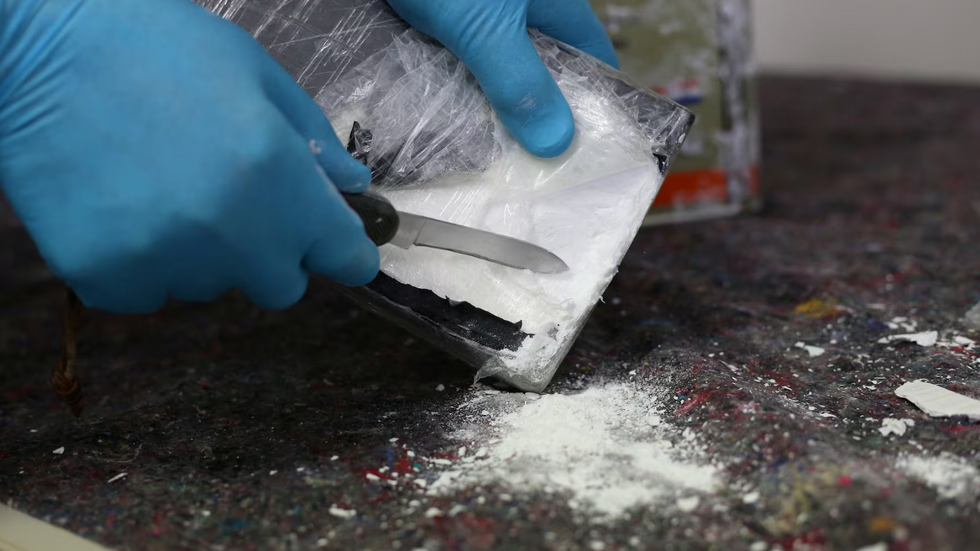British tourist who ‘fell from sky’ has £1.2m insurance claim rejected after taking cocaine and fentanyl
A British tourist who jumped off a building after taking cocaine and fentanyl has had his £1.2million travel insurance claim refused.
The man, known only as Mr W, suffered serious injuries abroad just after leaving hospital, where he had been brought by local emergency services over his “paranoid” and “bizarre” behaviour on the evening of September 11, 2022.
Earlier that night he had visited a police station claiming he was “being followed” and hearing “weird noises”.
Then, hospital staff noted that the “patient is clearly paranoid and displaying bizarre behaviour but is otherwise cooperative and redirectable”.

Staff initially diagnosed him with LSD intoxication and alcohol consumption, though he later tested negative for both substances.
Tests during emergency treatment revealed Mr W was positive for cocaine and fentanyl, a powerful opioid.
Mr W claimed he had been “spiked” and had not taken the drugs voluntarily.
After leaving the hospital, in the early hours of September 12, he entered a nearby building, with CCTV footage showing Mr W “pushing open the roof access door” to get inside.
He was then “captured on the roof camera until he walked out of camera range”.
READ NEXT:
- British teenager fighting for life after paraglider lands and ‘wipes out’ 15-year-old on family holiday in Turkey
- British tourist in Cyprus fighting for his life after trying to jump 10ft into the swimming pool from his balcony
- British tourist stuck in Tenerife given ’50/50 chance to live’ after deadly diagnosis
Moments later, surveillance video showed “a male fall from the sky on to the sidewalk”, who was identified as Mr W.
The tourist then filed a claim worth some £1.2million with his insurance provider, Great Lakes Insurance – who refused the claim on multiple grounds, including that it related to self-injury, a decision later upheld by the Financial Ombudsman Service (FOS).
Mr W’s claim covered medical expenses and repatriation costs after he was admitted to hospital in critical condition.
However, the FOS investigator said: “I’ve considered whether there’s evidence that Mr W took drugs involuntarily or was spiked. I accept that it is possible that there was a third party involved but there’s no evidence to confirm this.”
The investigator concluded: “Based on the available evidence… it’s most likely that he’d taken drugs voluntarily as it’s noted that Mr W had taken acid.”

The FOS concluded: “I don’t think it is unreasonable, in the circumstances of this case, to conclude that the self-injury exclusion applies as the evidence is that whilst under the influence of drugs Mr W went on to a rooftop and within a few minutes was seen on the CCTV falling on to the pavement below.”
Following the incident, Mr W’s family travelled to support him and arranged his return to Britain – and incurred substantial expenses in the process.
The Financial Ombudsman Service ultimately upheld Great Lakes Insurance’s decision to reject the £1.2m claim.
The rejection was based on multiple grounds, primarily the self-injury exclusion clause, after Mr W suffered “very serious injuries” in the fall.

